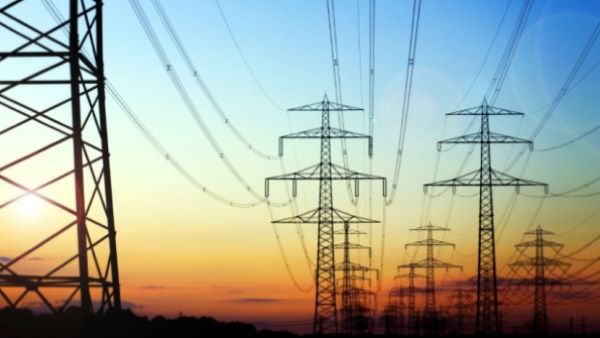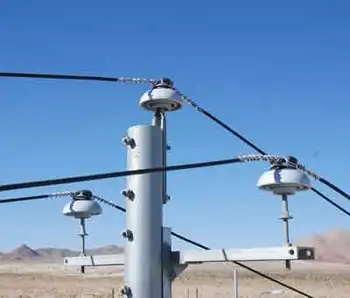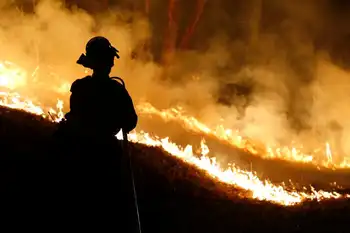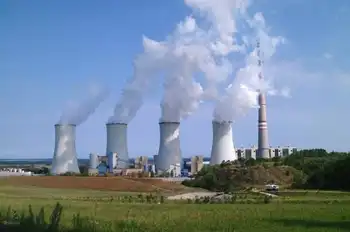U.S. Speeds Up Permitting for Geothermal Energy
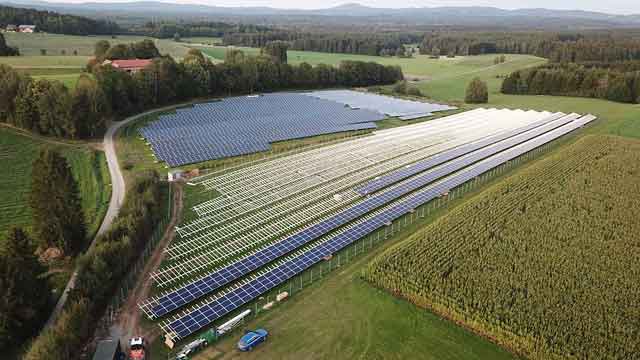
High Voltage Maintenance Training Online
Our customized live online or in‑person group training can be delivered to your staff at your location.

- Live Online
- 12 hours Instructor-led
- Group Training Available
Geothermal Emergency Permitting accelerates BLM approvals on public lands via categorical exclusions for exploratory drilling and geophysical surveys, boosting domestic energy security, cutting timelines by up to a year, and streamlining low-impact reviews.
Key Points
A policy fast-tracking geothermal exploration on public lands, using BLM categorical exclusions to cut review delays.
✅ Categorical exclusions speed exploratory drilling approvals
✅ Cuts permitting timelines by up to one year
✅ Focused on public lands to enhance energy security
In a significant policy shift, the U.S. Department of the Interior has introduced emergency permitting procedures aimed at expediting the development of geothermal energy projects. This initiative, announced on May 30, 2025, is part of a broader strategy to enhance domestic energy production, seen in proposals to replace Obama's power plant overhaul and reduce reliance on foreign energy sources.
Background and Rationale
The decision to fast-track geothermal energy projects comes in the wake of President Donald Trump's declaration of a national energy emergency, which faces a legal challenge from Washington's attorney general, on January 20, 2025. This declaration cited high energy costs and an unreliable energy grid as threats to national security and economic prosperity. While the emergency order includes traditional energy resources such as oil, gas, coal, and uranium and nuclear energy resources, it notably excludes renewable sources like solar, wind, and hydrogen from its scope.
Geothermal energy, which harnesses heat from beneath the Earth's surface to generate electricity, is considered a reliable and low-emission energy source. However, its development has been hindered by lengthy permitting processes and environmental reviews, with recent NEPA rule changes influencing timelines. The new emergency permitting procedures aim to address these challenges by streamlining the approval process for geothermal projects.
Key Features of the Emergency Permitting Procedures
Under the new guidelines, the Bureau of Land Management (BLM) has adopted categorical exclusions to expedite the review and approval of geothermal energy exploration on public lands. These exclusions allow for faster permitting of low-impact activities, such as drilling exploratory wells and conducting geophysical surveys, without the need for extensive environmental assessments.
Additionally, the BLM has proposed a new categorical exclusion that would apply to operations related to the search for indirect evidence of geothermal resources. This proposal is currently open for public comment and, if finalized, would further accelerate the discovery of new geothermal resources on public lands.
Expected Impact on Geothermal Energy Development
The implementation of these emergency permitting procedures is expected to significantly reduce the time and cost associated with developing geothermal energy projects. According to the Department of the Interior, the new measures could cut permitting timelines by up to a year for certain types of geothermal exploration activities.
This acceleration in project development is particularly important given the untapped geothermal potential in regions like Nevada, which is home to some of the largest undeveloped geothermal resources in the country.
Industry and Environmental Reactions
The geothermal industry has largely welcomed the new permitting procedures, viewing them as a necessary step to unlock the full potential of geothermal energy. Industry advocates argue that reducing permitting delays will facilitate the deployment of geothermal projects, contributing to a more reliable and sustainable energy grid amid debates over electricity pricing changes that affect market signals.
However, the exclusion of solar and wind energy projects from the emergency permitting procedures has drawn criticism from some environmental groups. Critics argue that a comprehensive approach to energy development should include all renewable sources, not just geothermal, to effectively address climate change, as reflected in new EPA pollution limits for coal and gas power plants, and promote energy sustainability.
The U.S. government's move to implement emergency permitting procedures for geothermal energy development marks a significant step toward enhancing domestic energy production and reducing reliance on foreign energy sources. By streamlining the approval process for geothermal projects, the administration aims to accelerate the deployment of this reliable and low-emission energy source. While the exclusion of other renewable energy sources from the emergency procedures has sparked debate, especially after states like California halted an energy rebate program during a federal freeze, the focus on geothermal energy underscores its potential role in the nation's energy future.






